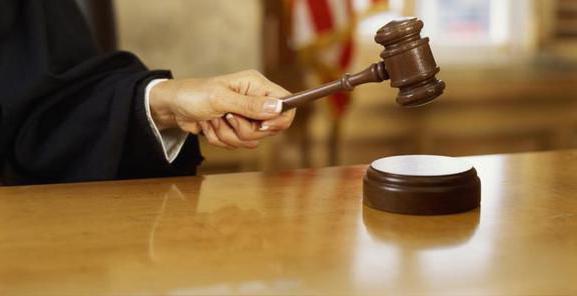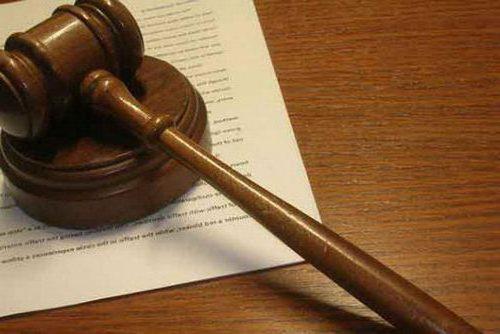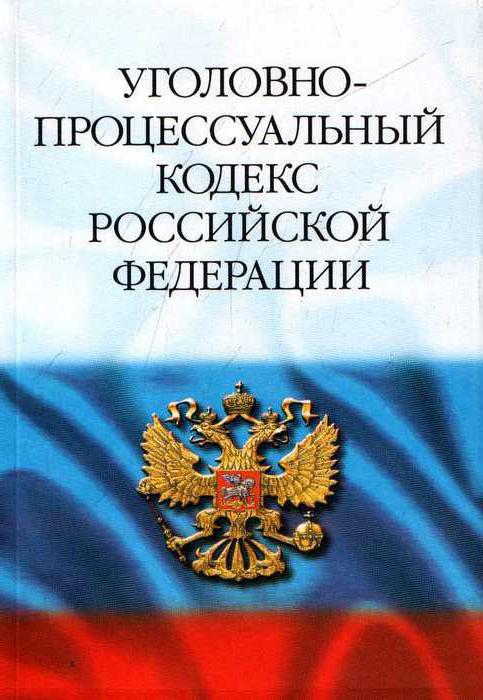Art. 144, 145, 148 Code of Criminal Procedure fix the rules for organizing the reception, accounting, verification of reports of unlawful actions, as well as the decision-making procedure based on the results of the study of received applications. The provisions of these norms are specified by subordinate legal acts, joint departmental decisions. Consider further features of the application Art. 148 Code of Criminal Procedure with comments lawyers. 
General Provisions
According to h. 1 tbsp. 148 Code of Criminal Procedure, in the absence of reasons to open a case, the head of the investigative unit, investigator, body of inquiry / interrogator refuses to initiate proceedings. This decision is made out by the decision.
The refusal to open a case on the basis fixed in clause 2 of clause 1 of part 24 of article of the Code is permitted only in respect of a citizen whose identity is established. This requirement is also contained in h. 1 tbsp. 148 Code of Criminal Procedure.
During the prosecutor's inspection, violations of the criminal law may be revealed. As a result, the prosecutor has the right to make a reasoned decision on the transfer of materials to the investigating authority for a decision to institute prosecution on the basis of paragraph 2 of part 37 of the article of the Code of Criminal Procedure. However, the investigator, guided by the provisions Art. 144, 145, 148 Code of Criminal Procedure, the right to refuse to initiate proceedings. To do this, he must obtain the consent of the head of the investigation department.
Legal requirements
As indicated in 2 parts Art. 148 Code of Criminal Procedure, when drawing up a resolution fixing the refusal to open proceedings as a result of checking the statement of a crime related to suspicions of an entity whose identity has been established, the authorized employee must decide whether to start proceedings against the applicant in connection with a knowingly false denunciation. 
Often reports of unlawful acts are published in the media. Guided by Art. 144, 148 Code of Criminal Procedure, an authorized employee of law enforcement agencies must verify the information and, in the absence of reasons for opening a criminal case, refuse to initiate it. Information on the decision in such cases is subject to publication. The relevant provisions are contained in part 3 s.T. 148 Code of Criminal Procedure.
A copy of the decision within 24 hours from the date of execution is sent to the applicant and transmitted to the prosecutor. The subject who has declared a crime must be explained the right and procedure for challenging the act. The decision may be appealed to the head of the investigative unit, the prosecutor or the court in accordance with the rules enshrined in Articles 124-125 of the Code of Criminal Procedure.
Declaring the refusal unreasonable and unlawful
In case of illegality of the decision drawn up by the body of inquiry or by the interrogating officer, the prosecutor, in accordance with Part 6 Art. 148 Code of Criminal Procedure, cancels it. At the same time, he makes a decision, in which he cites his instructions, sets the deadline for their implementation. This act is sent to the head of the inquiry department.
If the refusal of the investigator / head of the investigative unit is unreasonable and unlawful, the prosecutor must cancel it within five days from the date of receipt of the results of the verification of the statement of crime. This decision is also formalized by a reasoned decision. The act provides specific circumstances that need to be verified. The decision and the audit materials are immediately sent to the head of the investigating authority. This official, in turn, cancels the previously adopted decision, initiates a case or sends the materials received from the prosecutor for additional verification with his instructions, determining the time period for their implementation. 
If the refusal was found unreasonable and unlawful in court, the judge is obliged to issue an appropriate decision and transfer it to the head of the body of inquiry / investigation and notify the applicant thereof.
Explanations
Within the meaning of the provisions Art. 145, 148 Code of Criminal Procedure, officials authorized to verify reports of crimes, in case of non-confirmation of the commission of an unlawful act, must refuse to open proceedings.
Law enforcement officers must have sufficient information to initiate proceedings, indicating the presence of evidence of a crime. Accordingly, in the absence of such data there are no grounds for starting production.
Meanwhile, when comparing the provisions of Article 148 Code of Criminal Procedure with Articles of Ch. 4 of the Code it follows that the refusal to open the proceedings can not only be in the absence of sufficient information to start the prosecution. The grounds for the initiation of production may be. But along with them there may be circumstances that exclude the movement of the case. These include, in particular:
- the expiration of the period provided for holding a citizen accountable;
- death of a suspect;
- adoption of an amnesty decree;
- the absence of a statement from the victim of the encroachment, if the institution of proceedings is carried out only on its basis, etc.
Features of the content of the message
For statements that include information about facts that are criminal only in the opinion of the applicant, and from the point of view of criminal norms that are not considered such, no procedural response is provided. 
For example, a father, not deprived of parental rights, took his child against the will of his mother. She, in turn, requests that he be held accountable for the abduction. An application submitted to law enforcement agencies does not entail criminal procedural relations, registration is not subject to a crime report, in a procedural response by issuing a resolution provided for in Art. 148 Code of Criminal Procedure, does not need.
The applicant needs to briefly explain the legal nature of the situation of the crime. Some lawyers critically assess the position enshrined in the first part of the analyzed norm. According to him, to refuse to open proceedings in connection with the absence of the composition of the act is permissible only if the person involved in the case. According to experts, the identification of the subject, the search for a citizen not knowingly involved in the crime, only in order to make a decision on refusal with mention of his last name, should be considered absurd.
Knowingly false information
Responsibility for false denunciation is secured by article 306 of the Criminal Code. As established in Article 148 of the Code of Criminal Procedure, in the event of refusal to open proceedings on reports of allegedly involvement of a person in a crime, an authorized employee must resolve the issue of initiating prosecution for providing information that does not correspond to reality. For this, it is necessary to give a legal assessment of the applicant's actions.
Meanwhile, the opening of proceedings in relation to the subject reporting the crime is also decided if the behavior of the person reveals signs of other acts provided for by the Criminal Code. 
Mandatory publication
It is provided so that the media in which the message about the illegal act was published disavows it, that is, abandons it. Society, in turn, will be aware of the real situation.
The rule enshrined in Part 3 of the analyzed norm is aimed at ensuring transparency in the work of the investigating authorities. It is intended to serve to strengthen the credibility of law enforcement agencies, as well as to foster citizens' legal awareness. 
The interaction of the prosecutor's office and the investigating authorities
It is worth saying that part 6 of the 148th article of the CPC has undergone many changes. In the current edition, the norm:
- It retains the procedural sovereignty of the prosecution authorities in relation to the inquiry bodies at the stage of initiating proceedings.The decision to cancel the act on the refusal to open a case with instructions, including the initiation of proceedings, is binding.
- Returns to the prosecutor the opportunity to reverse the unlawful decision of the head of the investigative unit / investigator.
- It retains the right of the head of the investigation department to cancel the act issued by the lower manager, as well as subordinate employees.
Disputing Failure
Of course, an unlawful refusal to initiate proceedings for a crime victim is very painful. If we consider an unreasonable, unlawful decision from the point of view of procedural law, then it is completely unacceptable. Despite this, an unlawful refusal is a fairly common phenomenon. 
An unsubstantiated decision of an authorized employee creates obstacles for a victim to have access to justice. However, the law provides for the possibility of the victim to defend his interests and challenge such a decision.
If the decision is made by the investigator, the complaint is sent to the court, to the head of the investigation department or to the prosecutor; if by the inquiry officer, to the prosecutor or to the court.
It is worth noting that decisions made on the complaint can also be challenged in court. The basis will be Art. 125 Code of Criminal Procedure.
If the applicant was notified of the refusal to open a case by official letter, but no decision was made on this, a citizen can challenge the decision itself and the law enforcement structure’s failure to comply with the requirements of the law on the mandatory response to a report of an unlawful act in a manner directly established by procedural norms.